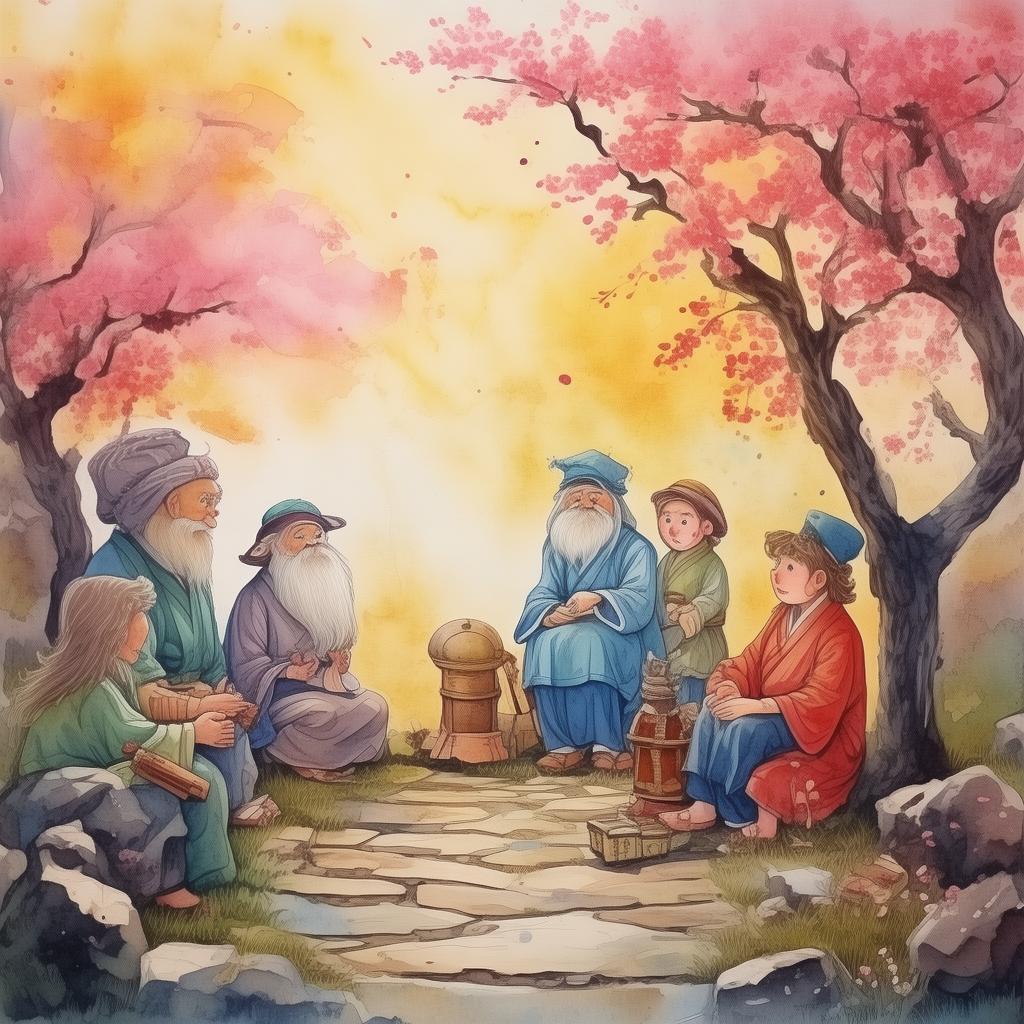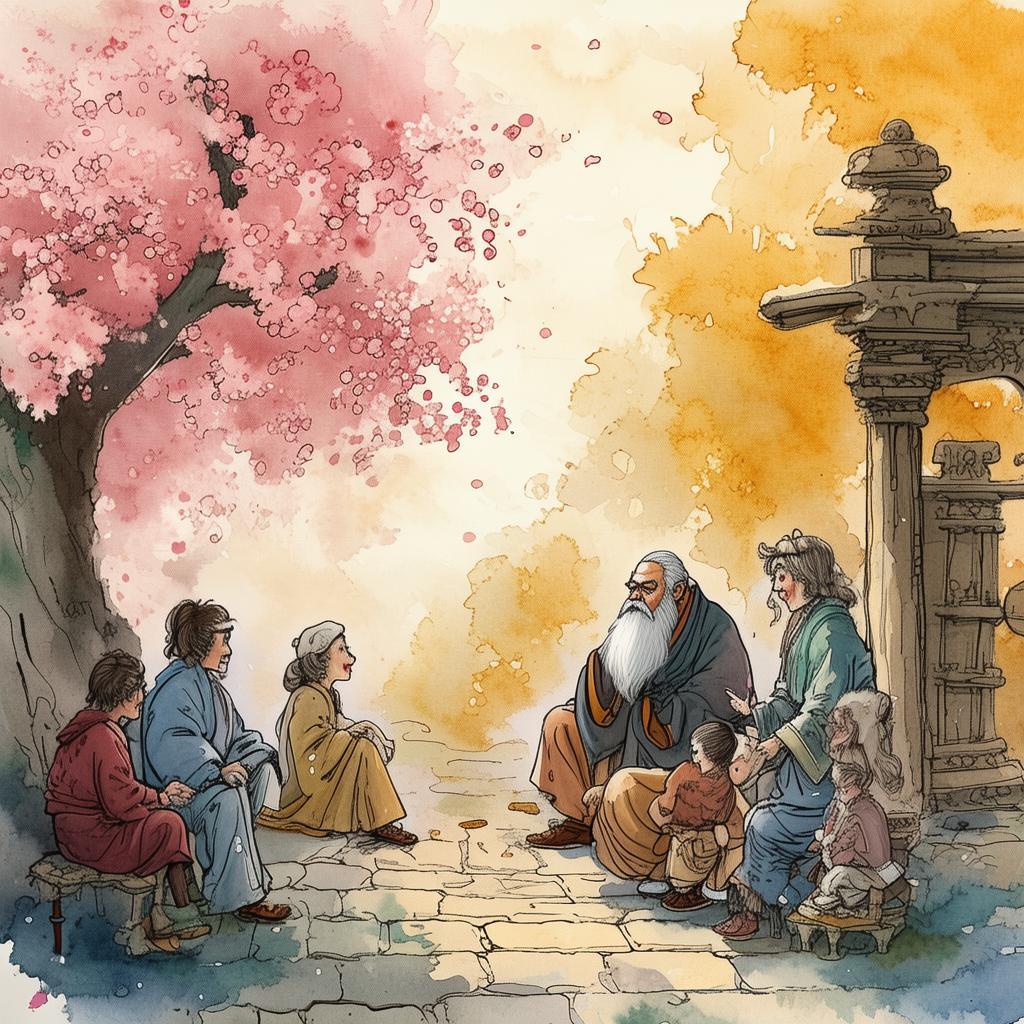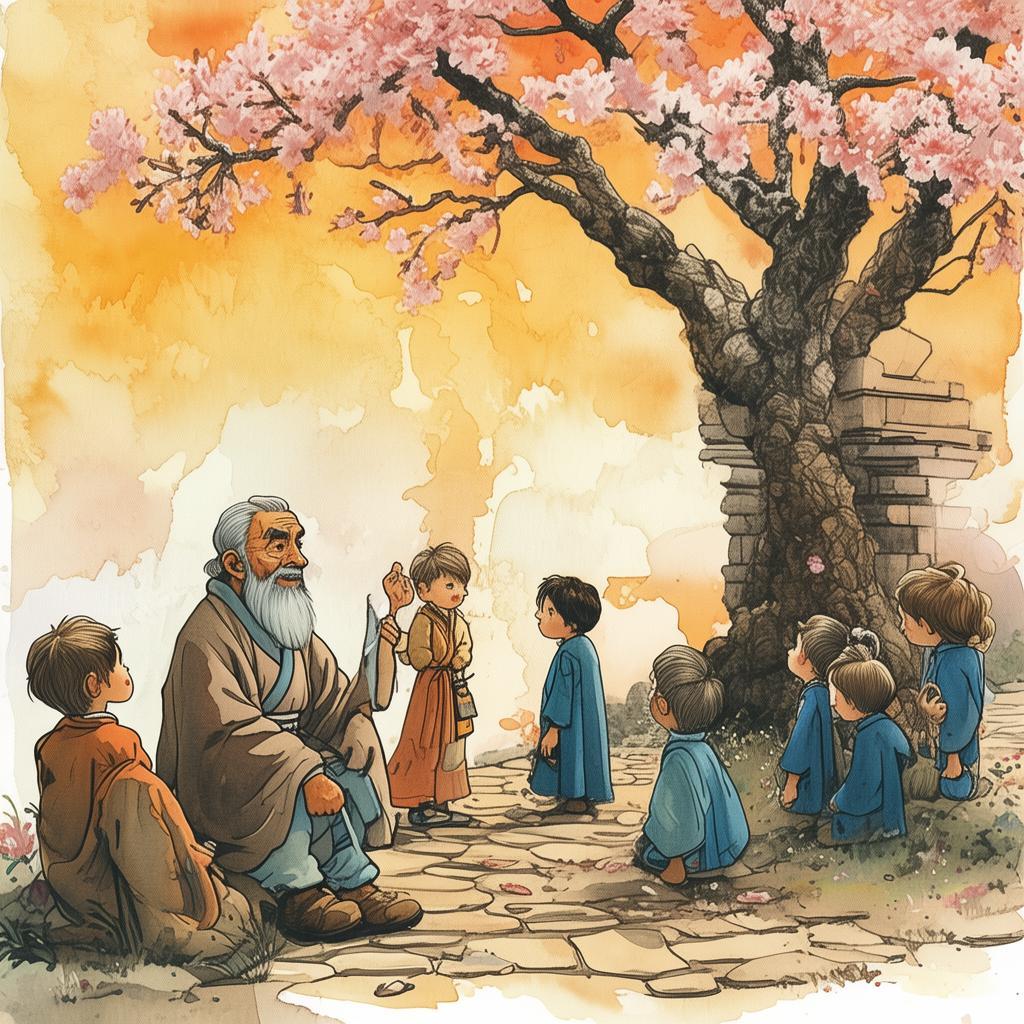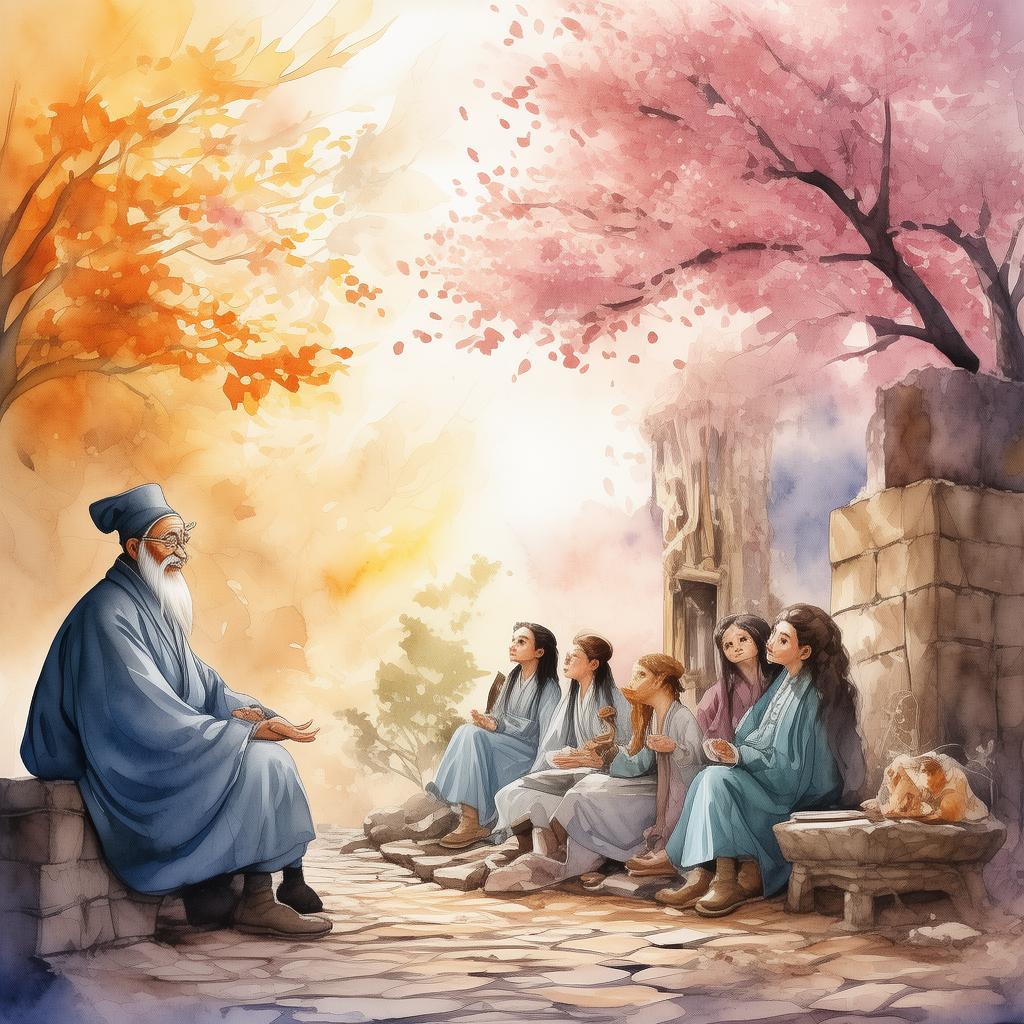The Olive Oil Conquest: A Tale of Taste and Treachery
In the heart of ancient Rome, where the sun baked the marble streets and the scent of herbs filled the air, there lived a chef named Marcus. His name was whispered in hushed tones among the elite, for Marcus was not just any chef; he was the maestro of olive oil. His dishes, seasoned with the golden nectar, were a testament to his culinary prowess. The saying "The taste of the olive oil is the soul of the dish" was attributed to him, and it was this saying that would become the cornerstone of his legend.
Marcus was born into a family of olive oil producers, and from a young age, he learned the art of selecting, pressing, and bottling the finest olive oil. His father, a respected merchant, taught him the value of the oil, not just as a flavor enhancer but as a symbol of wealth and prestige. Marcus was to be the heir to the family business, but his passion lay in the kitchen, where he could transform the oil into culinary masterpieces.
One day, Marcus was given the opportunity to showcase his talents at a grand feast for Emperor Nero. The emperor, known for his love of luxury and the arts, was eager to taste the legendary olive oil. Marcus prepared a series of dishes, each more exquisite than the last, and as the feast went on, the guests were enchanted by the subtle, aromatic flavor of the olive oil that danced on their palates.
The emperor, impressed by Marcus's skill, decreed that he would be the personal chef to the imperial court. With this honor came immense wealth and power, but it also brought with it envy and jealousy among his peers. Marcus's rivals, envious of his success, began to plot against him, whispering tales of treachery and deceit.

Among these rivals was Lucius, a fellow chef who had once been Marcus's closest friend. Lucius had seen Marcus's rise to fame and fortune with a mix of admiration and resentment. He had always believed that he, too, could be the master of olive oil, but his attempts were overshadowed by Marcus's brilliance. Now, with Marcus at the peak of his career, Lucius saw an opportunity to reclaim his lost glory.
One night, as Marcus was bottling a new batch of olive oil, he discovered a plot to sabotage his reputation. Lucius, with the help of a rival merchant, had been selling a counterfeit olive oil that was cheaper and more accessible but lacked the quality that Marcus's oil was known for. The merchant had been passing it off as Marcus's finest creation, and the emperor had been enchanted by its taste.
Marcus was shattered. His life's work, his art, had been tarnished by deceit. But instead of succumbing to despair, he decided to confront Lucius. The two chefs met in the heart of the olive grove where Marcus's father had once taught him the craft.
"Lucius, why?" Marcus asked, his voice laced with pain and disbelief.
Lucius looked at his former friend with a cold, calculating gaze. "Because, Marcus, you were born to be great, and I was born to surpass you."
Marcus's eyes blazed with anger, but he knew that anger would not solve the problem. He needed to prove that his olive oil was superior, that his was the true master's touch. With a deep breath, he reached into his pocket and pulled out a small, ornate flask.
"This," Marcus said, "is the secret to my success. It contains the purest, most exquisite olive oil. It is the essence of my soul, and it is my gift to you."
Lucius took the flask, his hand trembling. He knew in that moment that he had lost. Marcus's olive oil was not just a flavor; it was a testament to his character, his integrity, and his love for the art of cooking.
The emperor, upon tasting the genuine olive oil, realized the deception. He summoned Lucius and Marcus to his presence and confronted them. Lucius was stripped of his position and banished from the court, while Marcus was once again declared the master of olive oil.
From that day forward, Marcus's olive oil was known as the "Soul of the Olive," a symbol of purity and authenticity. And though he had faced betrayal and deceit, Marcus's legend only grew, for it was in the face of adversity that his true greatness was revealed.
✨ Original Statement ✨
All articles published on this website (including but not limited to text, images, videos, and other content) are original or authorized for reposting and are protected by relevant laws. Without the explicit written permission of this website, no individual or organization may copy, modify, repost, or use the content for commercial purposes.
If you need to quote or cooperate, please contact this site for authorization. We reserve the right to pursue legal responsibility for any unauthorized use.
Hereby declared.









